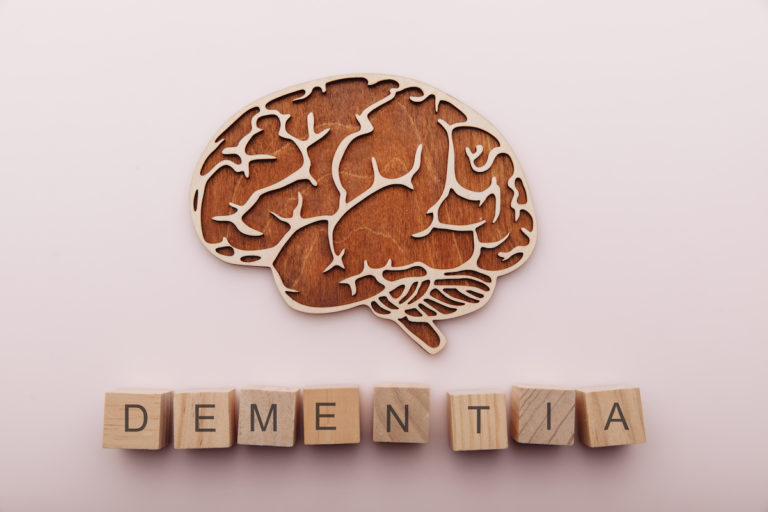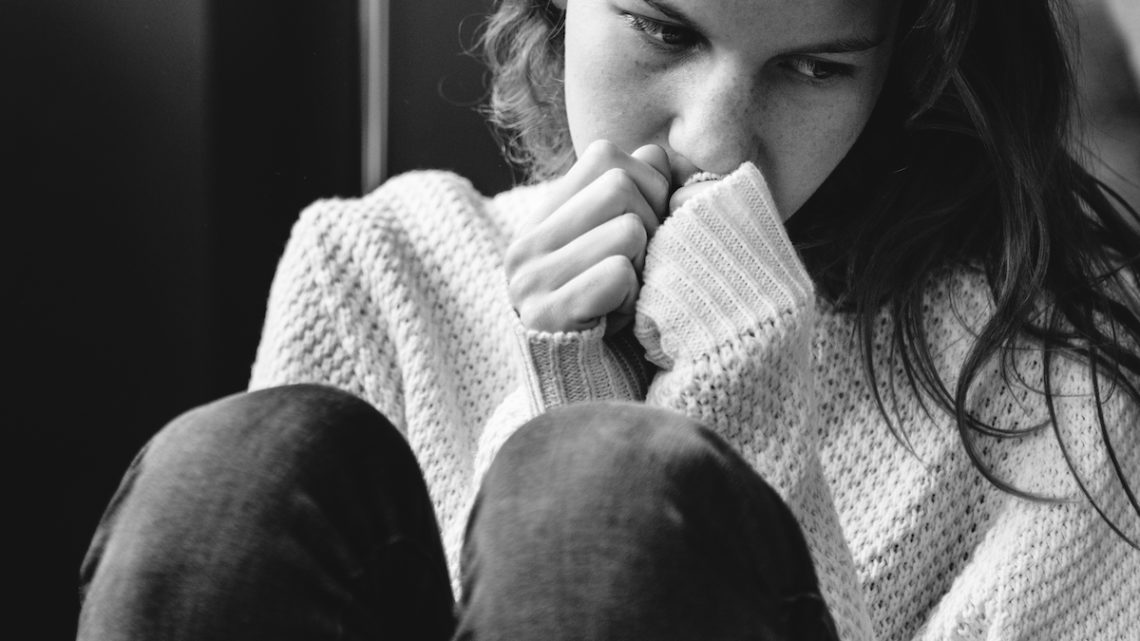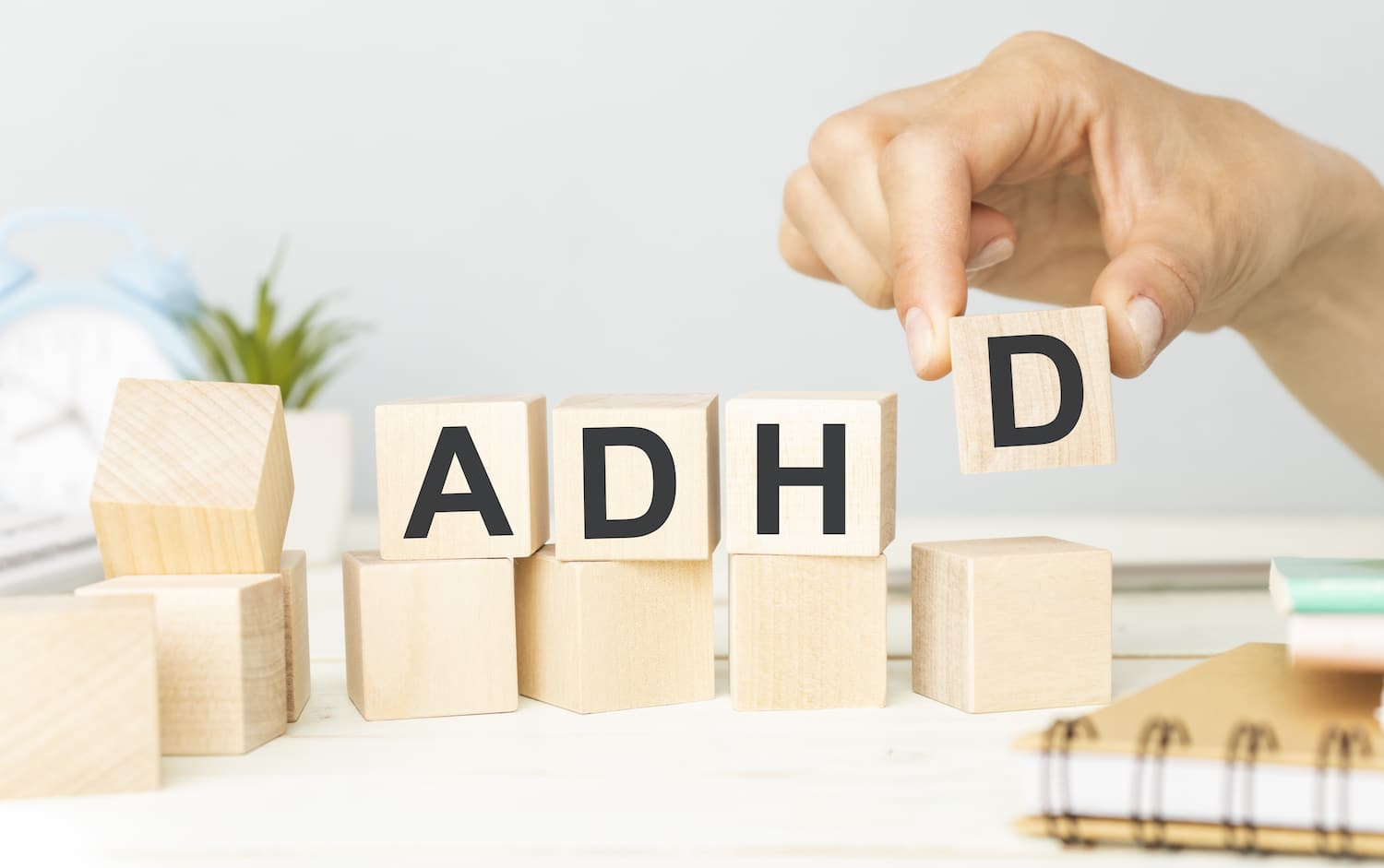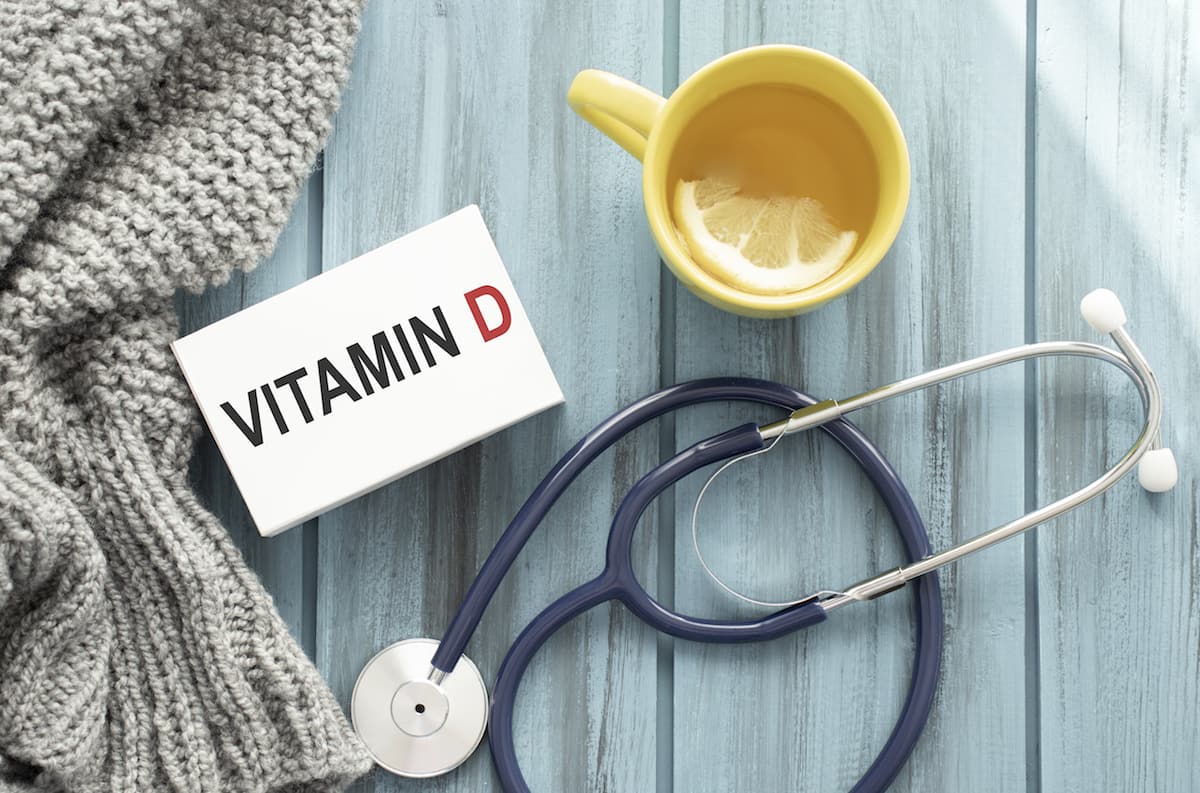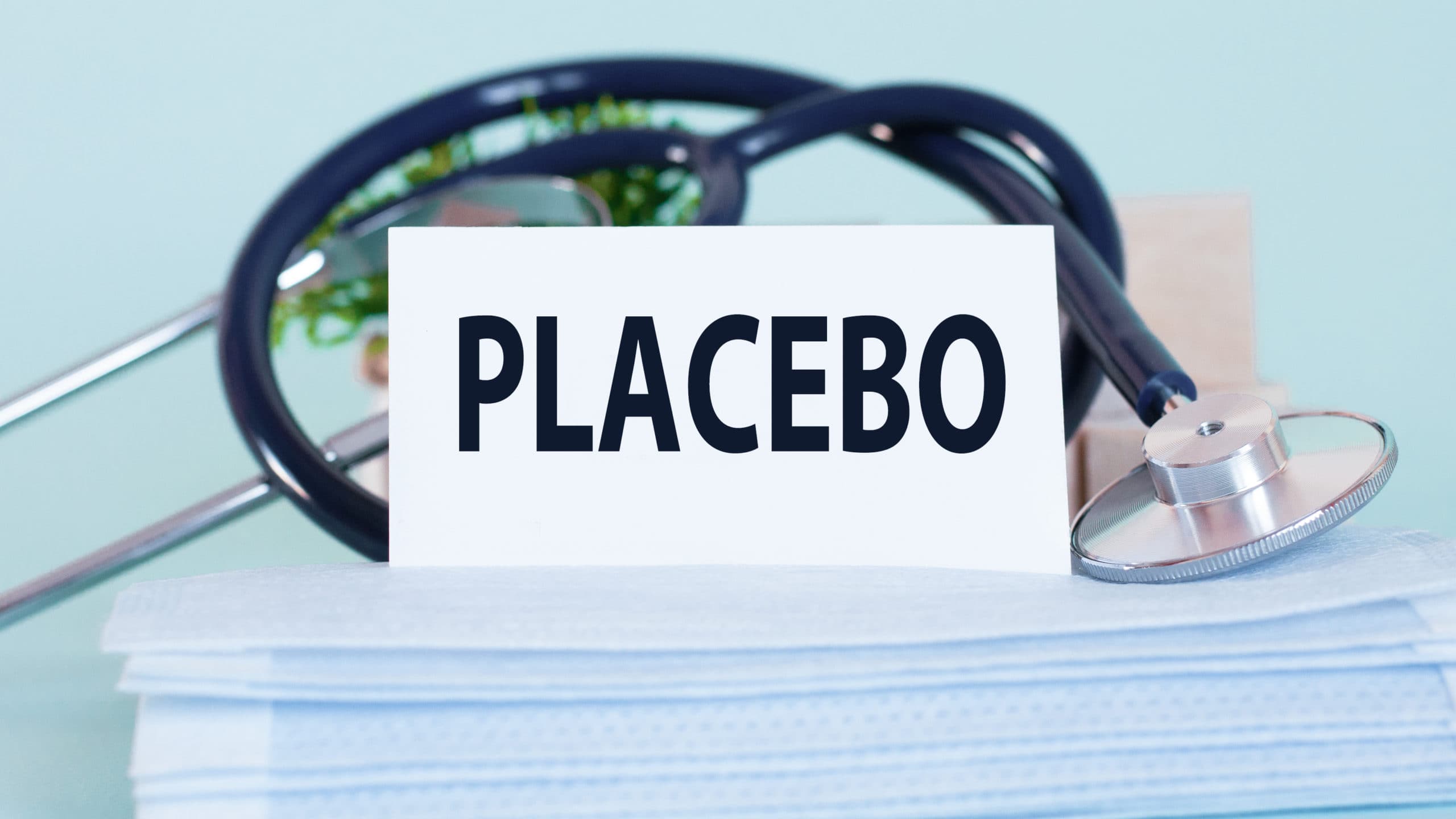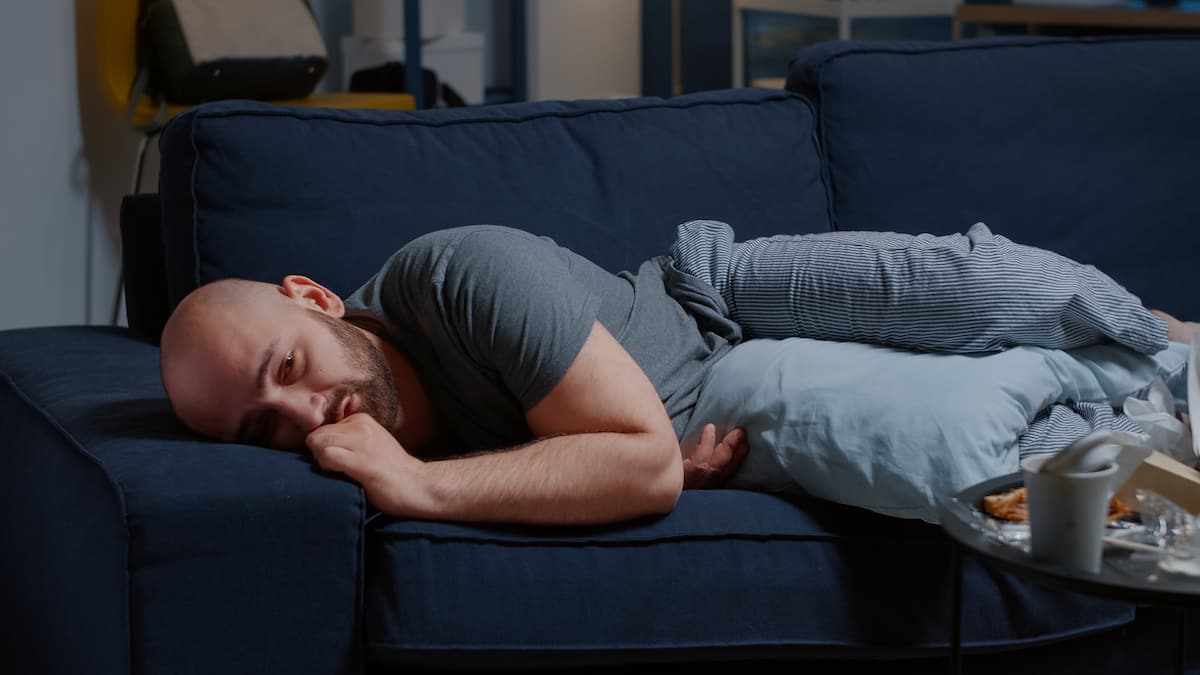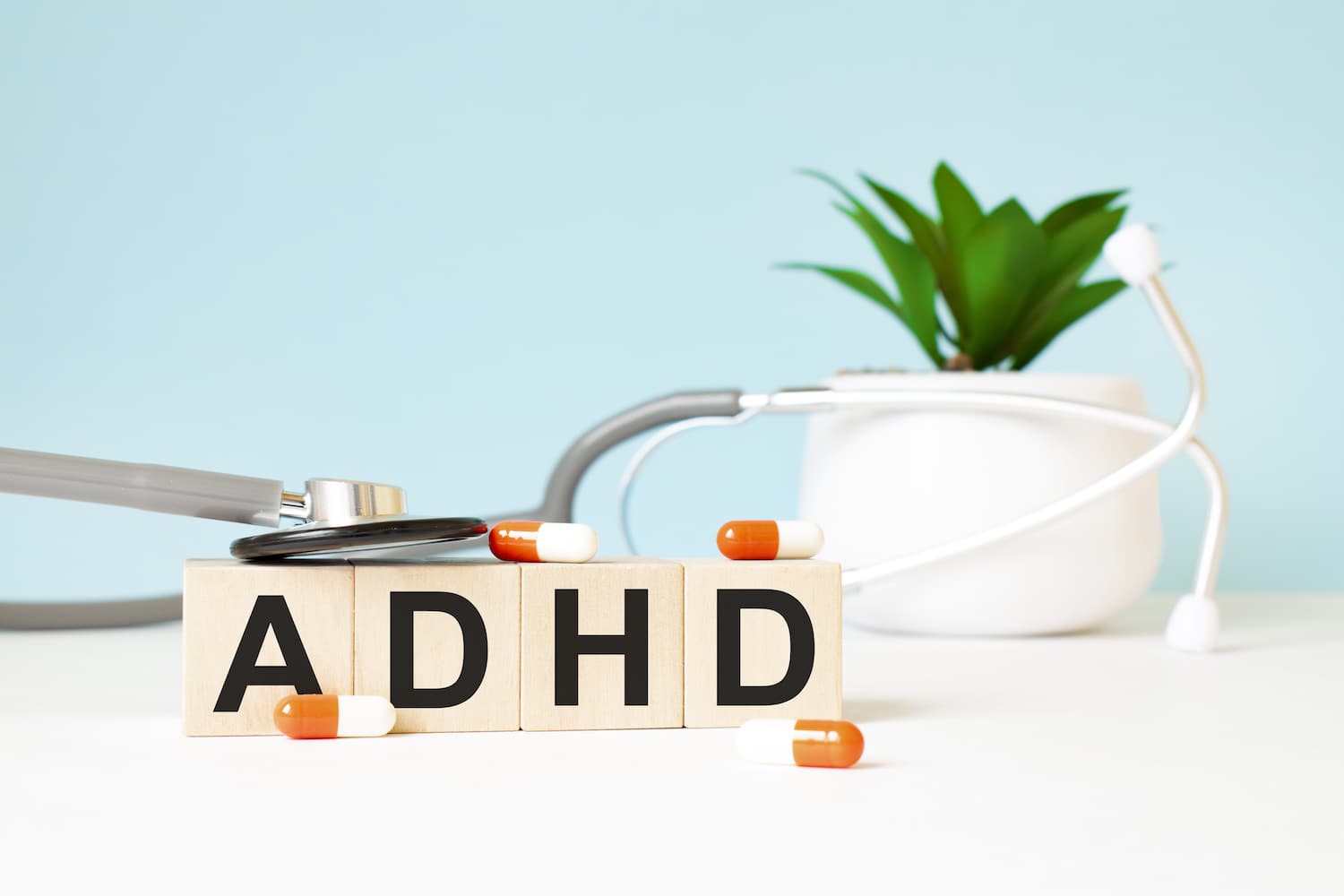Updated on 16. November 2021 from Carolin Jäger
Reading time: approx. 5 minutes
Medication treatment
This includes drug therapy with antidepressants, which consists of selective serotonin reuptake inhibitors (SSRIs), serotonin and noradrenaline reuptake inhibitors (SNRIs), monoamine oxidase inhibitors (MOAIs), tricyclic cyclic antidepressants (TCAs) and some other drugs.
The drugs of first choice include: Sertraline – Escitalopram – Venlafaxine
For unresponsive depression, an additional agent may be used.
Usually, the symptoms improve within 2 weeks. However, if symptoms have not improved after 4 weeks, the medication regimen should be changed.
The outcome of the treatment depends on whether the patient adheres to the therapy. There are certain factors that influence patient adherence to therapy and thus therapy outcomes. These are:
- Lack of knowledge about the correct dosage
- Side effects of the medication that are unbearable for the individual
- Lack of confidence in the treatment
- Forgetting to take the pill
- Failure to inform the patient about the correct dosage
- Lack of patient follow-up care
- Failure to adapt to medicine
Hospital care
A psychiatric patient is admitted to hospital when the depressive illness has reached such a level that the person has difficulty caring for themselves and is causing harm to others, or when the condition has worsened to such an extent that the person cannot survive without hospitalisation.
Psychotherapy
Psychotherapy is a talking therapy where sessions take place between the patient and a psychologist/psychotherapist. They use various techniques to address mental illness and related disorders and to help the individual overcome their negative thoughts and examine their behavioural patterns and help them if needed.
Excerpt of possible psychotherapies for depression:
– Cognitive therapy
The basis of this therapy is the idea that our thought process directly affects our feelings. Negative thoughts affect our abilities in the same way. They can not only contribute to depression, but also make it worse. Cognitive therapy helps sufferers learn to recognise common patterns of cognitive distortions. It is usually a short-term therapy that is primarily goal-oriented, i.e. the sessions are specifically targeted at the underlying causes.
– Behavioural therapy.
While cognitive therapy focuses mainly on changing negative thoughts that influence emotions, behavioural therapy is mainly concerned with changing the behaviours associated with emotions and works for depression through behavioural activation. In these therapy sessions, patients are given tasks and engaged in activities that make them feel good.
– Cognitive-behavioural Therapy.
It is a matter of combination of the two therapies mentioned above. These two therapies complement each other. The results in treating depression are best when both are combined. This approach is called cognitive-behavioural therapy (CBT). It focuses on eliminating negative thoughts while changing the behaviours that contribute to depression.
– Dialectical Behaviour Therapy
It is similar to cognitive behavioural therapy, but not identical to it. However, it is largely based on CBT. The main difference is only that it also requires conscious acceptance of one’s own depression and acceptance of negative thoughts and behaviours. In this way, they practice learning and controlling their negative thoughts and emotions, and train themselves to cope with stress, regulate their reactions to behaviours and even try to relate positively to others.
– “Spiritual touch” Therapy.
This form of therapy has a slightly spiritual side as it incorporates mindfulness practices from the earliest Buddhist traditions in the form of crisis coaching. In this type of therapy, a person can call the therapist at any time for advice on any issue in order to resolve the problem. This is very helpful in earlier stages of a depressive illness as the person then has someone to talk to and turn to. Instead of all the feelings building up and eventually becoming chronic, this helps to release the inner self from stress. And as the person keeps practising new skills themselves, they eventually become independent and can manage their own situations very well. The person eventually frees himself from the depressive illness and the challenging stressors of daily life. This therapy has proven to be successful for depression.
– Interpersonal Therapy.
Humans are social species. Our everyday activities are largely based on social understanding of things and interaction with people. Our emotions are also based on relationships on a certain level. Whenever there is conflict on an interpersonal level, it directly affects our ability to think, our behaviour and our emotions. For this reason, the instability of relationships is one of the main causes of depression. Lack of social support is similar. This also affects one’s thoughts. In interpersonal therapy, the therapist addresses past and present problems related to social and interpersonal interactions. After the initial interview, the therapist chooses one or two main topics to focus on. The therapy is usually brief and focuses on how a particular person deals with their relationships. These include relationships with life partners, parents, friends, family and colleagues. The main focus is on identifying the conflict, its basis and the problems a person is facing that ultimately lead to depression. The therapist may ask the person to perform certain role plays with different scenarios to practice and improve communication. The idea is to implement these practised strategies in real-life scenarios to improve interpersonal growth and prevent any kind of depression.
– Psychodynamic Therapy
This therapy is also known as psychoanalytic therapy. This theory assumes that depression is due to certain unresolved conflicts in the family, in the social environment or in the environment, which often have their origin in childhood. These problems are usually developed unconsciously in childhood. The real goal of this type of therapy is to make a person aware of all the emotional needs they have, including any troubling or conflicting thoughts, so that a person can better deal with all the emotions they have been going through and eventually use them in a useful perspective by changing a negative low mood into a more positive, open-minded mood.
One of the main advantages of this therapy is that it is long-term. It links a person’s past experiences with present emotions and helps to find connections with behaviour. In this way, it is possible to analyse how these factors have contributed to the depression. There is an analysis of all ongoing behavioural problems, which is why this type of therapy is less targeted, but at the same time very helpful for developing self-awareness and also increases the emotional capacity of the individual.
Social Rehab Therapy
Social rehabilitation therapy is offered to people suffering from depressive illness. There are certain centres dedicated to this. The duration of these programmes can vary from 1 month to 3 months or even up to 6 months. The minimum duration is usually 30 days, during which a person starts fighting their addiction. The first two weeks are mainly about getting used to the environment and going through the process of withdrawal. This has proven to be very beneficial for those suffering from depression and anxiety disorders due to substance abuse.
Electroconvulsive therapy (ECT)
This therapy uses electrical current to stimulate the brain to regulate the release of neurotransmitters so they can work better. This therapy is not the first choice and is usually reserved for resistant cases or those who do not respond to conventional therapies. If antidepressants do not work, or you cannot take them for some reason, this therapy can be considered.
Transcranial Magnetic Stimulation (TMS)
Similar to ECT, it is reserved for those cases that do not respond to conventional drug therapy with antidepressants. This therapy uses a coil to send magnetic pulses to the brain. This regulates the release of neurotransmitters and improves blood circulation in the brain. The nerve cells are regulated and function better.
Related articles: Depressed mood and depression
Sources:
[1] Wie wird eine Depression behandelt?, auf https://www.deutsche-depressionshilfe.de/, Access date 20.10.2021



